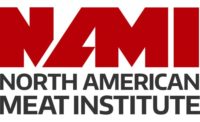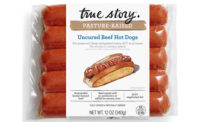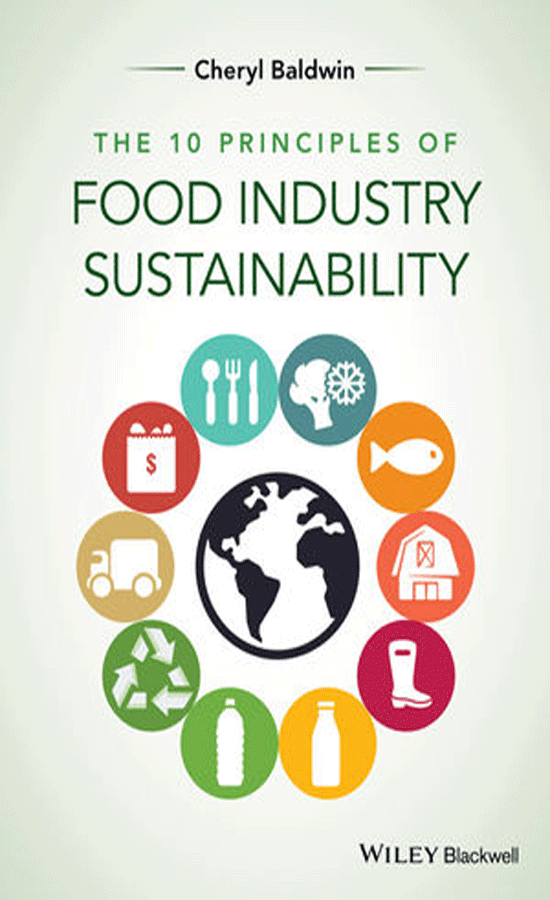Meat Institute Executive Board makes environmental impact a non-competitive issue

The North American Meat Institute Executive Board of Directors unanimously agreed to make environmental impact a non-competitive issue, encouraging member companies to share sustainability best practices with each other and freeing their staffs to advise others in the industry seeking to improve their environmental impact for the good of the industry and the planet.
“Many meat and poultry companies have integrated sustainability into their businesses and have successfully shown they can lower their impact on air, land and water,” said Meat Institute President and CEO Julie Anna Potts. “Sharing these best practices across the industry is a win-win for members, consumers and the environment.”
The North American Meat Institute’s Environmental Committee has been working collaboratively for many years and the Meat Institute has an Environmental awards program that recognizes plants that have implemented strong environmental programs and are dedicated to continuous improvement. Formalizing this arrangement will enhance the flow of information and best practices exchange to a wider range of members.
The Meat Institute will also develop a list of advisors who are available to troubleshoot problems and help companies apply best practices.
Environmental impact is the fourth issue deemed non-competitive by Meat Institute members. NAMI took similar actions regarding worker safety in 1990, food safety in 2001 and animal welfare in 2002.
“Sharing best practices throughout our membership has been proven successful within the meat industry,” said Potts. “The industry has demonstrated substantial improvements in worker safety, food safety and animal welfare since they were made non-competitive.”
Successes include:
- The development of voluntary ergonomic guidelines and more than 80 percent reduction in worker injuries and illnesses, regularly reaching all-time industry lows;
- Drastic reductions in pathogenic bacteria on meat products including E.coli O157:H7 and Listeria monocytogenes contributing to 99.999 percent of meals with meat and poultry being enjoyed safely in the U.S. daily; and
- More than 95 percent of the beef, pork and lamb produced in plants that voluntarily follow the guidelines and animal welfare audit program Dr. Temple Grandin authored.
For more on issues made non-competitive within the meat industry please visit www.meatinstitute.org.
Source: NAMI
Looking for a reprint of this article?
From high-res PDFs to custom plaques, order your copy today!





